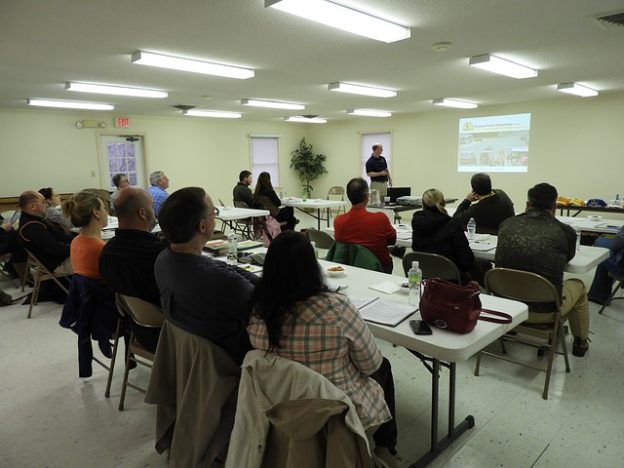As an event manager, you should always prepare for the unexpected during an event. Despite your best preparations, however, keeping your calm when things are not happening as planned could be difficult. Whether you are dealing with unreasonable clients, undisciplined attendees, or devious vendors, it is important to handle the situation judiciously. For instance, if your rent training room, but on the day of the event do not get the facilities as promised, you may lose you cool and make the situation even worse. Now think about it. Instead of blaming someone or wasting your time thinking how it happened, you should think about how you can resolve the issue now. If you still have enough time, you can contact another seminar room rental company and shift the venue there. Here are some more tips on how event planners should keep calm.
Believe yourself
When you face a sudden challenge, you should believe in your abilities. Say yourself, “I can handle this.” If you indulge in negative thinking, the situation can quickly go out of your control. Instead, you should think about past instances where you successfully dealt with any adverse situations. That way, you can convince your mind that you are strong enough to handle difficult situations.
Learn to handle criticism
During the course of an event, you may have to face criticism from your clients or attendees. Some complaints may be true, while some allegations could be absolutely baseless. If someone blames you for a mistake you’ve committed, accept it and move on. However, if the criticism is baseless, simply ignore it. Don’t try to respond to your critics immediately, no matter how unfair the allegations are. That way, you can focus more on solving the real problem Vs getting distracted.
Don’t cross the bridge until you come to it
Sometimes we complicate things unnecessarily by thinking ahead. If you often panic thinking about “what if” scenarios, it is time to learn how to live in the present. Don’t cross the bridge before you actually come to it. Sometimes you may be surrounded by people who will constantly warn you about a hypothetical situation. In that case, you should distance yourself from those people, because negative thoughts are infectious. Instead of thinking too much, focus on the present facts. It is all about having the right mindset. Think how you can deal with the present situation, rather than indulging in hypothetical thoughts.
One way to reduce the chances of getting into unwanted situations is to plan ahead. Lack of planning is often the root of many problems. Have a backup plan for disaster management. You should be able to identify the risks and take precautions accordingly. Understand that things can go wrong anytime. So always try to have a plan B or an alternative way out.
Avoid perfection
Trying to be perfect is not always a good idea. You need to cut the coat according to the cloth. Keeping unrealistic expectations from your event may actually do more harm than good. You should plan as per your budget and timeframe. At times, it is okay to be good enough.









